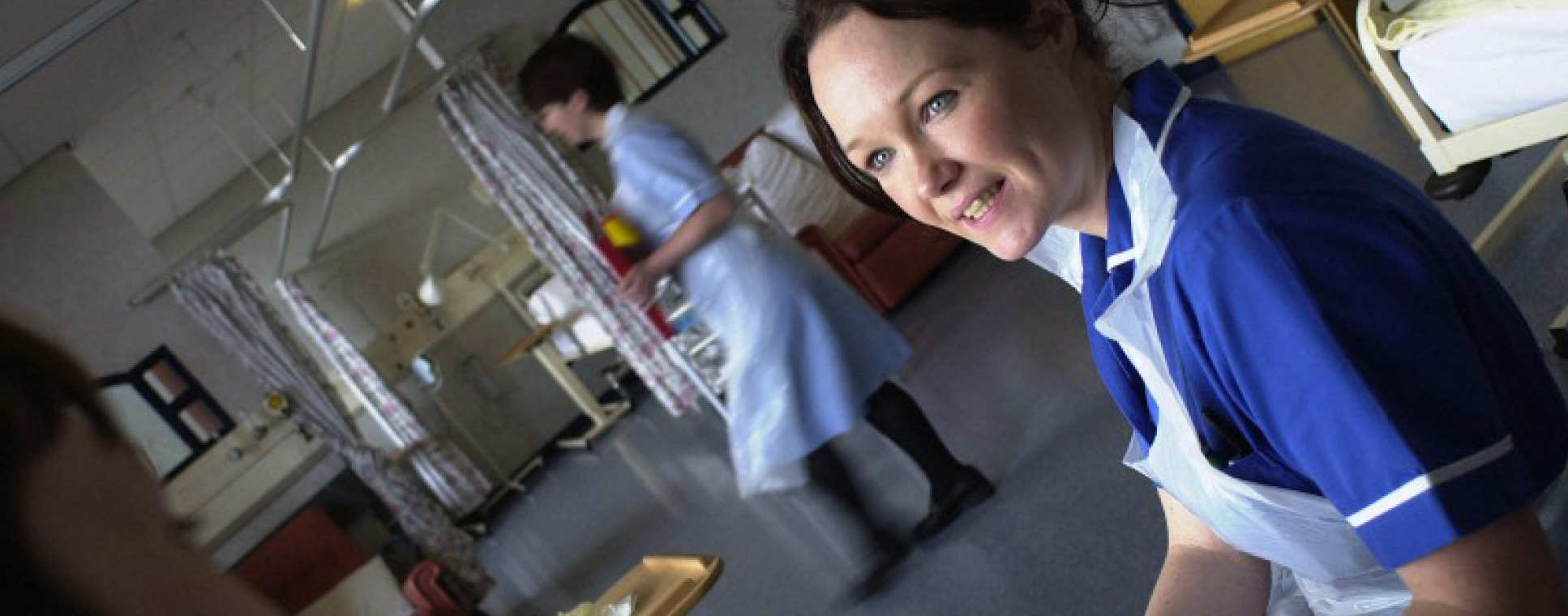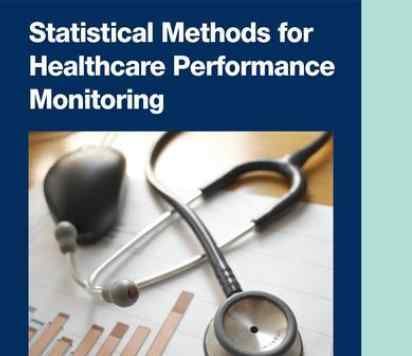
After many years of denial and debate, healthcare recognises that it can pose considerable risks as well as bring benefits to its patients. Improving patient safety is now an international movement, but many challenges remain regarding not just improving systems but the first vital step on the way to improvement: measurement of the problem. Our work in this area focuses on developing indicators of safety using large databases for both hospitals and GPs, with the recognition that a change in one behaviour, such as antibiotic prescribing, could have negative consequences as well as benefits. Since the pandemic, we have been investigating the impact of the coronavirus pandemic on the quality and safety of hospital care in adults with non-COVID-19 conditions (e.g. heart attack, heart failure, stroke, hip fracture, cancer, elective surgery). We have also been investigating which groups of patients, based on patient characteristics such as age, gender, ethnicity and socio-economic status, have been most affected by the pandemic. We hope to evaluate any long-term impact of the pandemic on secondary healthcare use including the recovery phase.
Projects
- Impact of the coronavirus pandemic on the quality and safety of hospital care
- Antimicrobial resistance in healthcare associated infections: infection surveillance
- Monitoring the unintended consequences of prescribing fewer antibiotics
- Patient safety indicators for hospitals
- Using primary care data to produce indicators of patient safety
- Complications following orthopaedic surgery
Privacy notice
The Dr Foster Unit at Imperial College London uses your health information for a number of purposes. The Dr Foster Unit GDPR Privacy Notice (PDF) provides a summary of how we use your information.
